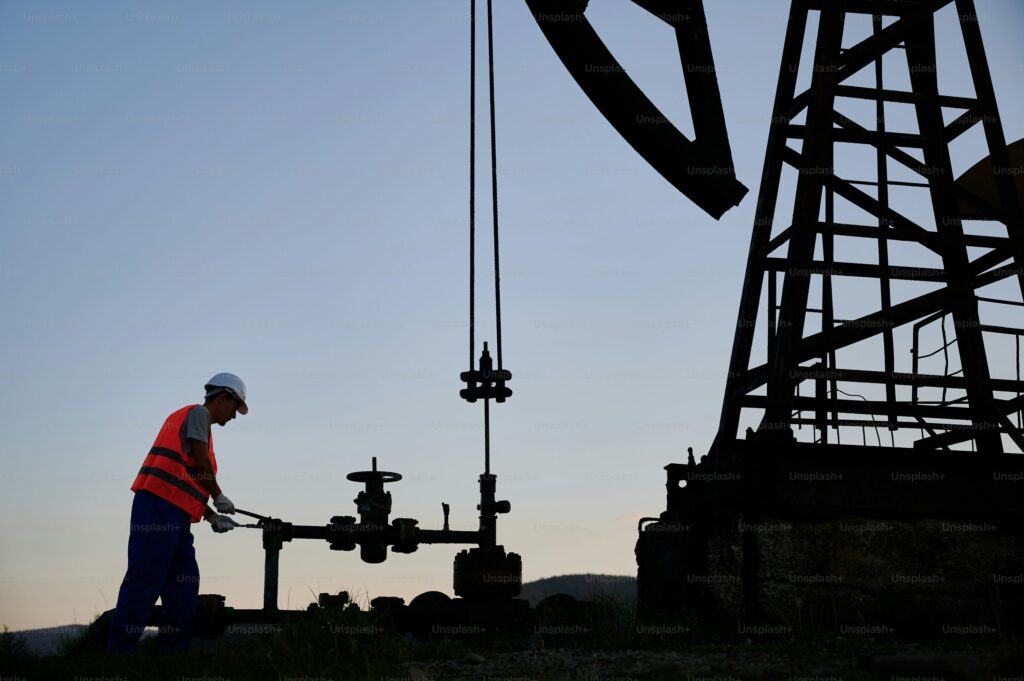According to the Wall Street Journal, French President Emmanuel “Macron called for a ‘regulatory break’ on environmental matters in Europe” during a speech “to a room full of industrial executives on how to reverse deindustrialization and revive French manufacturing.” Woah, you mean now you don’t want deindustrialization? Germany is also spoiling the EU party by demanding more production of natural gas rather than less although its chancellor continues to prate about an “economic miracle” by which he means a government-driven transition to alternative fuels. And a bit less surprisingly, the Italian government is “pushing back on an array of initiatives aimed at greening the economy, arguing that local business can ill-afford previously agreed transition goals.” Note that ‘agreed’ doesn’t mean the affected people actually had a say. Perhaps people are discovering the “energy transition” is all transition and no energy.
As Reuters in a non-“Sustainable Switch” item warns, “Europe facing costly winter without enough long-term LNG deals” in 2023-24. A winter of pain, suffering and premature death in Europe last winter due to unaffordable energy wasn’t just predictable, it was predicted. And all the British authorities could think of to do was to pay people not to use power they couldn’t afford anyway, as opposed say to having there be more of the stuff at a more reasonable price as in the bad old days. (As for British PM Rishi Sunak, with a household net worth twice that of King Charles, around £730 million, he’s not worried about heating bills. Nor is French President Emmanuel Macron, though he’s possibly only worth a million bucks or two despite some extravagant estimates.)
Granted not everyone is on board with trying to keep the population alive this winter. Sustainable Switch clucked that “Europe’s dash for gas is not a good look” during COP 27. (In an email not available online.) As if it’s about the optics. In a singularly poignant example of the growing human cost of what has already been attempted without success, the Daily Telegraph reports that:
“Martin Green, chief executive of the country’s leading social care body Care England, said on Friday that the Government had “slapped another fee” on chronically underfunded care homes by introducing legislation which will force providers to meet new energy efficiency standards at great cost…. It came as the 60-year-old care home provider Abbeyfield, of which the King has been a patron for more than 40 years, confirmed 43 of its homes face closure because of the unmanageable costs of improving their Energy Performance Certificate (EPC) rating to C by 2030.”
After what already happened this winter, a cruel blow indeed. And not the only one. Another story from last November had a public pool in Milton Keynes forced to close after its energy bill rocketed from £8 million to £20 million a year. When one thinks of what such pools provide in terms of health, community and a break from social isolation especially for the poor and elderly, it’s no bourgeois frill.
Thus when it comes to deeds rather than words for the most part European governments have been backing away from this so-called transition. Since late last year they have been quietly shutting down these ultra-prosperous, get-rich-quick alternative energy schemes unless they can get back cheap hydrocarbon energy with which to produce them. And virtually every European industry is reeling from high energy prices no matter how often some zealot says alternative power is now cheaper given sufficient subsidies.
The German coalition government also seems to be on the rocks over a measure to ban new oil or gas furnaces as of next year rather than some distant date, which the Greens defend as necessary to get to net zero by 2045 while the Free Democrats say it will make people sick and angry.
The move to delay is even going global, at least in the advanced world. Last fall, Canary Media chortled “Australia to replace coal plant with record-busting 850MW battery” and hailed BlackRock’s involvement in this project by Akaysha Energy in New South Wales. But it’s all too easy to shut down an existing plant, and very hard to deliver the magic battery beans. Even the local treasurer/energy minister expressed concern that the coal station, which produces about 20% of New South Wales’s energy, was planning to shut early because governments had made coal generation unsustainable. Gee whiz. Better be careful what you wish for.
Especially if you’re hoping for reelection, because according to The Australian “energy regulator says power price increases of up to 24 per cent on the way/ As temperatures plummet and Australians rush for the heater, there’s a grim warning about the cost of their next bill”. Not what you want on your lawn sign. Especially since, it also said in an email teaser:
“Australia ‘well behind’ its 82pc renewables target/ The nation would need to install a ‘substantial wind farm a month’ to hit its 2030 renewables target, green bank warns.”
Oh darn.
We could ply you with examples from other countries too, including Canada, where it’s no great surprise that the federal Liberals are now attacking the Parliamentary Budget Officer for saying their propaganda about anti-”carbon pollution” measures making us richer is not credible especially for those who are already hurting economically. A new study from Net Zero Watch argues that current climate initiatives will cause economic disaster and a policy U-turn unless we turn away first.
Then there’s the Netherlands, where plans to buy out farmers at vast public expense to cut the dreaded nitrogen pollution and then have less food and less employment don’t sound that great to citizens. For what, frankly, are pretty obvious reasons.
And speaking of obvious, China’s dictator Xi Jinping is very clear that China won’t stop expanding fossil fuel use until and unless renewables become sufficiently available. As H. Sterling Burnett of the Heartland Institute noted:
“Xi said aspirational goals to peak and eventually zero out carbon emissions would be tempered with prudence given the recent power shortages following from a limited amount of renewable power sources replacing fossil fuels for electric power generation over the past few years.”
Oh. Just that?



Those who chortle enthusiastically about giant batteries backing up the grid never seem to be able to do simple arithmetic. The New South Wales proposed gigantic 850 MW /1680 MW-Hr battery will be able to provided the electrical power for a largish city (850 MW or thereabouts) for all of 2 hours before it runs dry and neeeds to be recharged again. If the wind in your part of the world doesn't blow very much for the next week or so you might look back nostalgically on the bad old days when your coal-fired power plant could produce that 850 MW continuously.
Wrt the intellectual history of climate change, it’s worth noting that Judith Curry’s Climate Uncertainty and Risk was published yesterday – June 6th.. (The paperback version is sold out at Amazon.)
Is this a book (like Koonin’s Unsettled) that policy makers will read surreptitiously and exchange among themselves in plain brown wrappers? You have to hope.
To have 850MW battery is all well and good. To charge it you need probably 1000-1500 MW of wind as there is a 15% loss in the charging process. (That is above the regular demand.)
When you are using that power you won't get 850MW, there is another loss and not being allowed to empty the storage to 0 for safety reasons. Maybe another 15%.
Net zero is the biggest LOL in the world. Dysons sphere here we come
I bought the Kindle version and just finished it.